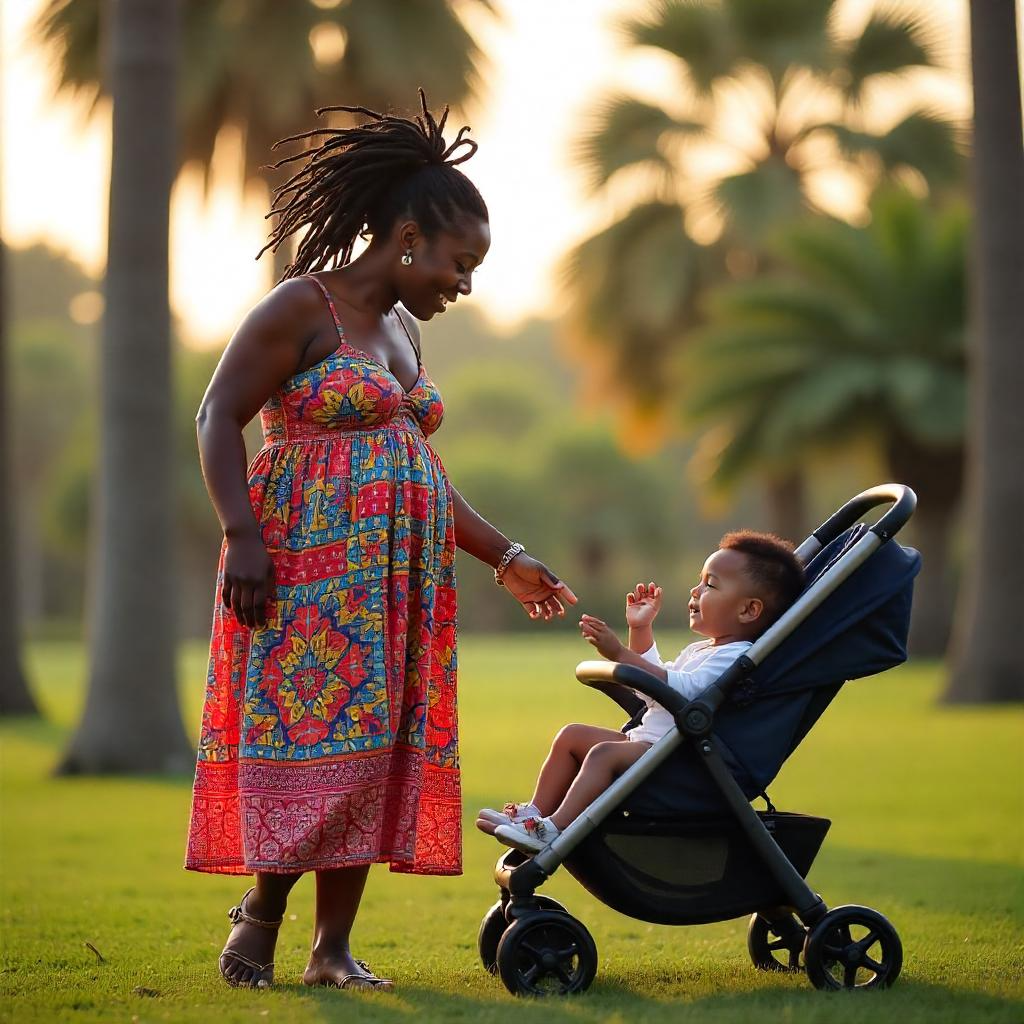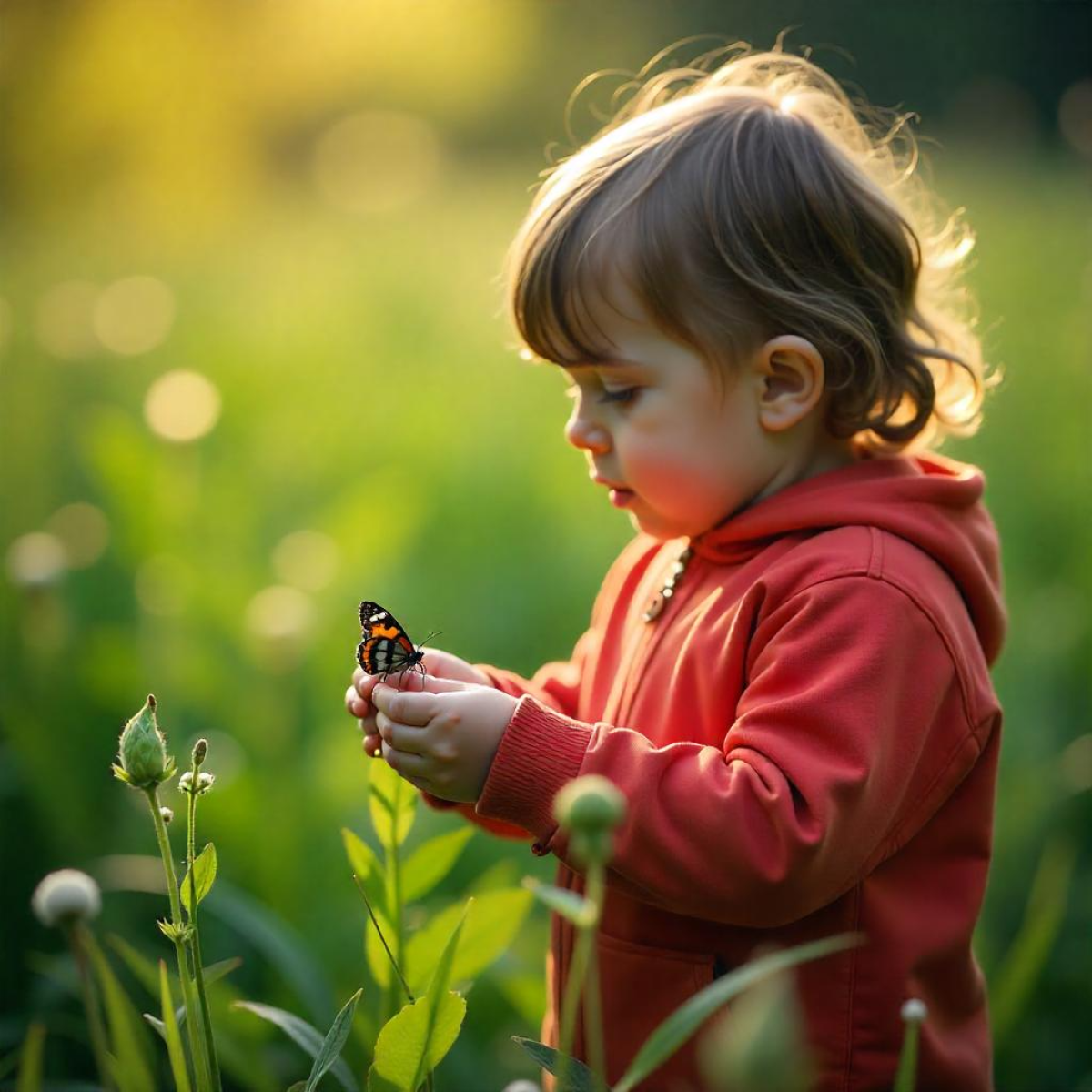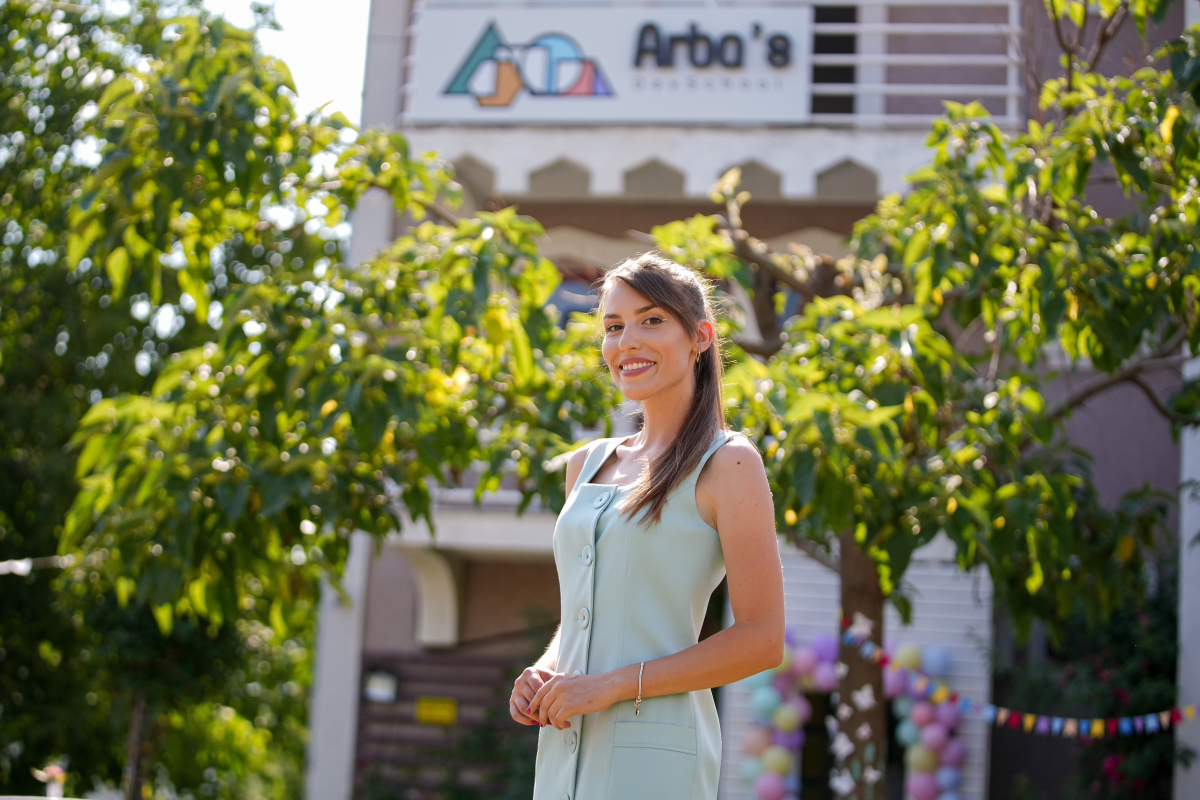Bringing a new baby into the family is a beautiful and emotional time. It's full of joy, excitement, and change. But for your firstborn, it can also be confusing and overwhelming. Suddenly, the world they knew — where they were the center of attention — is different. As parents, it's important to prepare and support your child through this transition with love, patience, and understanding.
Here are some ways you can help make the arrival of the new baby a positive experience for your older child:
1. Prepare Them Before the Baby Arrives
Start talking to your child about the new baby early on. Explain that the family is growing and that babies need a lot of care. Use simple language depending on your child's age. Reading books about becoming a big brother or big sister can help, too. You can even show them pictures of when they were a baby and tell them stories about how excited you were to meet them.
2. Involve Them in the Process
Help your child feel part of the experience. Let them pick out a toy or clothes for the baby, help set up the baby's room, or suggest baby names (even if they’re a little silly!). Giving them small tasks can make them feel important and included.
3. Validate Their Feelings
Your child might feel excited, but they might also feel jealous, sad, or even angry. These feelings are normal. Instead of brushing them off, acknowledge how they feel. You can say, "I know it's hard when Mommy has to spend a lot of time with the baby. I love you very much, and you're very special to me."

4. Make Special One-on-One Time
Even when the baby arrives, carve out small moments just for your older child. It can be as simple as reading a book together before bed, taking a walk, or doing a favorite activity. These moments reassure them that they are still deeply loved and valued.
5. Encourage Them to Be a Big Helper — But No Pressure
Many children love being little helpers. Encourage them to help in ways that match their age, like bringing a diaper or singing to the baby. Praise their efforts, but don’t force them to help if they’re not interested. It’s important they don't feel pressured to grow up too fast.
6. Watch Your Language
Be careful not to always say "I can’t because of the baby." Try to use more positive language, like, "As soon as I finish feeding the baby, I’d love to play with you!" This helps your older child feel like they’re still a priority.
7. Celebrate Their New Role
Make becoming a big brother or sister exciting! You can give them a small "big sibling" gift when the baby arrives or throw a little "big sibling" party. Let them know how proud you are of them.

8. Be Patient
Transitions take time. There might be some regressions — like wanting a pacifier again or acting out for attention. Try to respond with love and understanding. This phase will pass, especially with consistent support.
Your love, patience, and reassurance are the greatest gifts you can give your older child during this special time. Remember: you're not just growing your family — you're helping your child grow into their new, important role with confidence and love.








